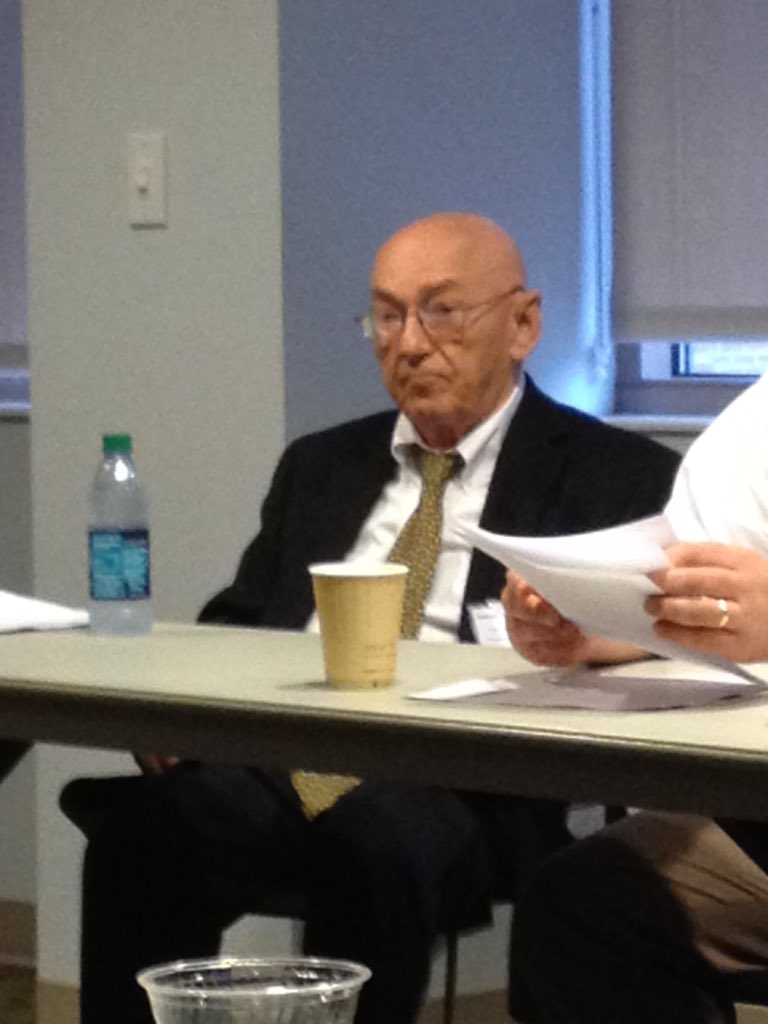-Han Solo: "That's not how the Force works!"
So, how does it work?
The Force is an energy field that suffuses reality. For those whose will is strong enough, an exertion of will can manipulate that field. Using the Force is less like using your arm, and more like navigating in a watercraft: there are currents and eddies to consider, which you can either manipulate to achieve your goals or (with sufficient strength) overpower and work against.Still a few unanswered questions here. May have to ask a philosopher or two.
Obi-Wan thus makes it sound as if the Force depends on living things for its existence, while causing the galaxy itself to cohere. Indeed, this latter feature of it makes it sounds like one of the fundamental causal laws of the universe, akin to gravity or electromagnetism...
What makes this distressing is that most accounts of what makes science scientific is its ability to identify and explain true causes and distinguish them from pseudocauses such as magic or mystical powers. Star Wars and PhilosophyPhilosophers shouldn't be so distressed. It's only a movie.
Both Older and Younger Daughter said, on our way back from the Hollywood 27 last night, that they had another unanswered question: what makes the Resistance better than the Dark Side? They just don't see it. They say they see the appeal of the cloaked heavy-breathers.
I find that attitude disquieting, in the wake of a climactic scene featuring heartless patricide. But it's only a movie. Right?


 VanderbiltPhilosophy
VanderbiltPhilosophy 